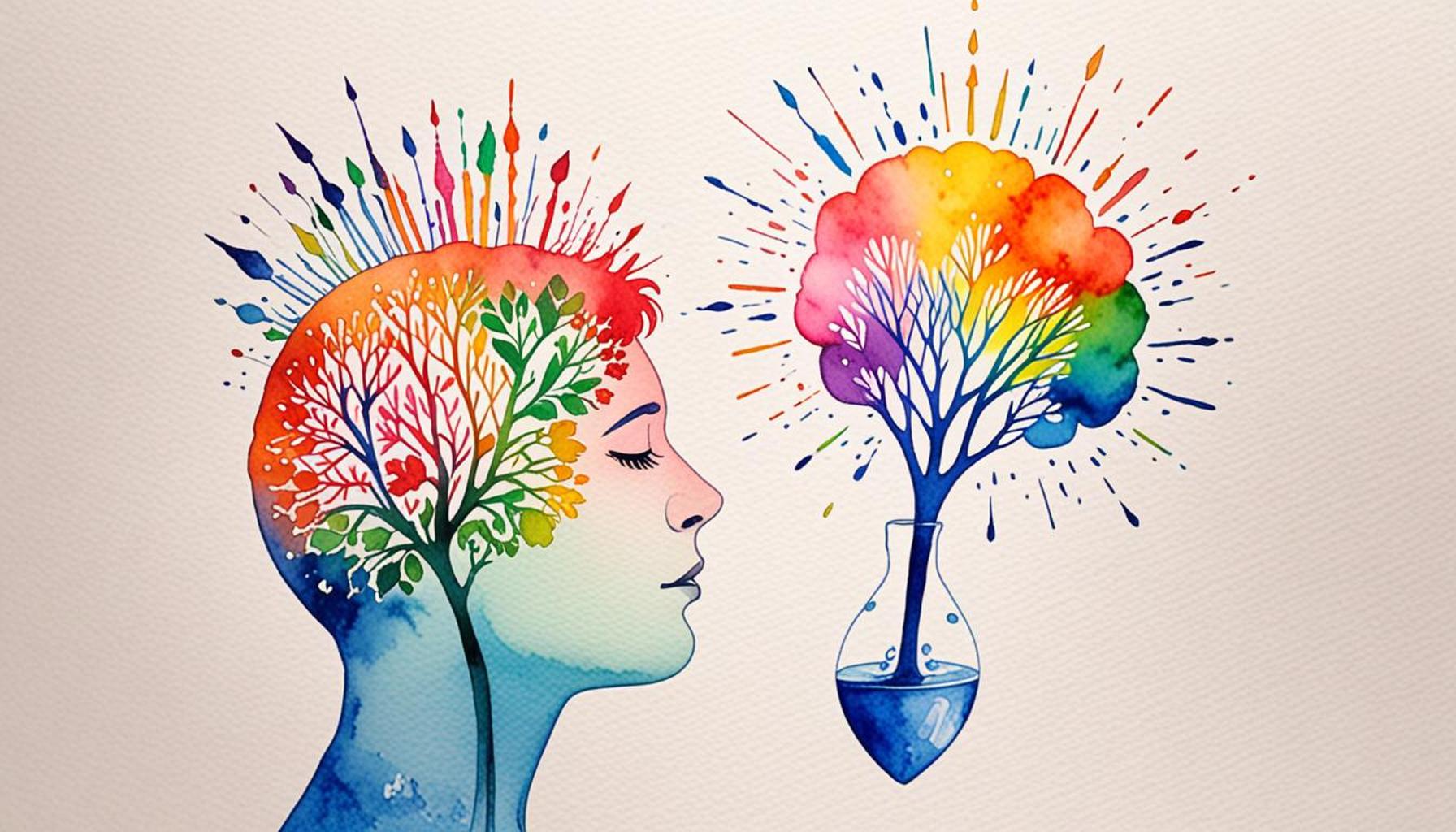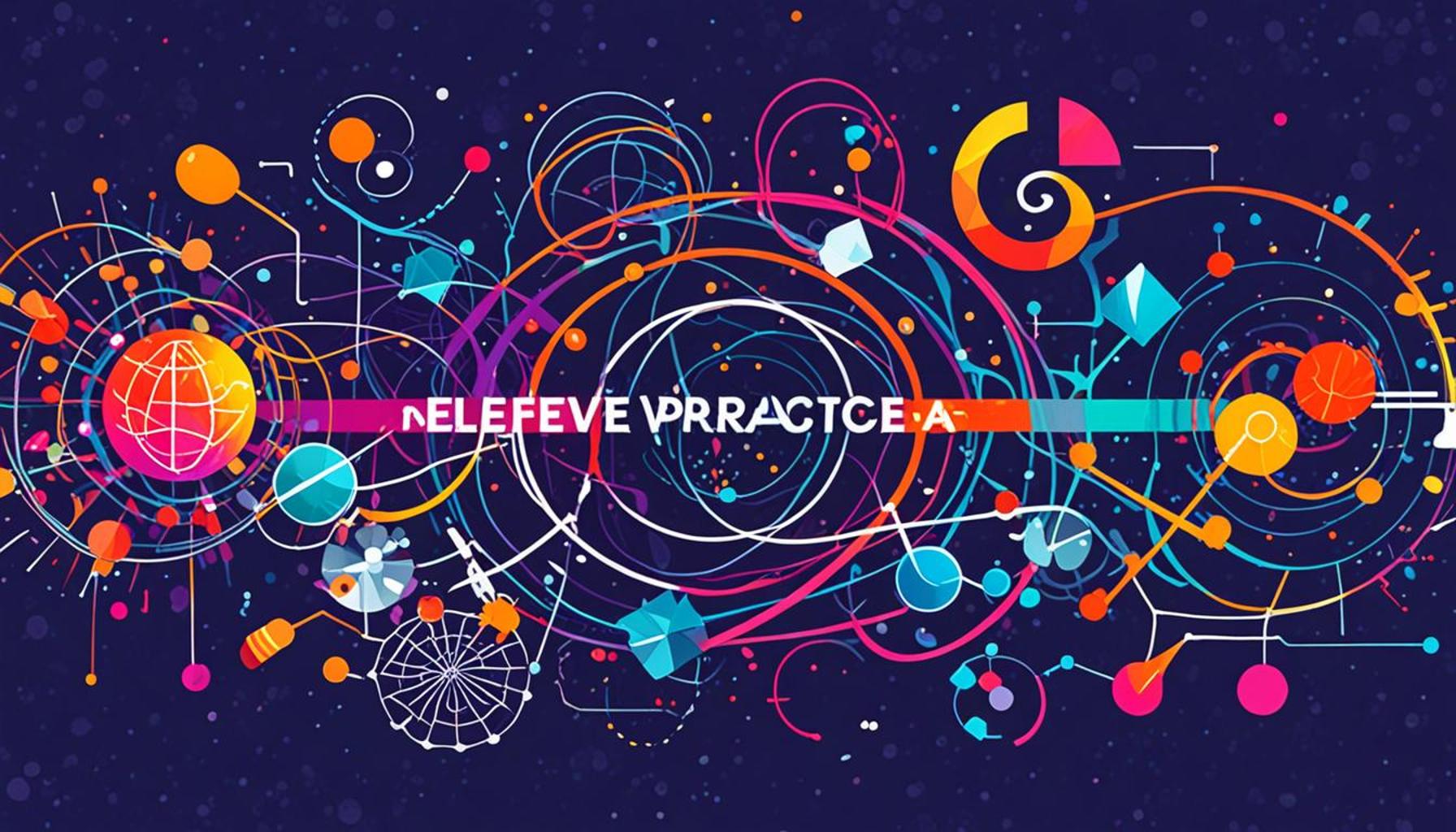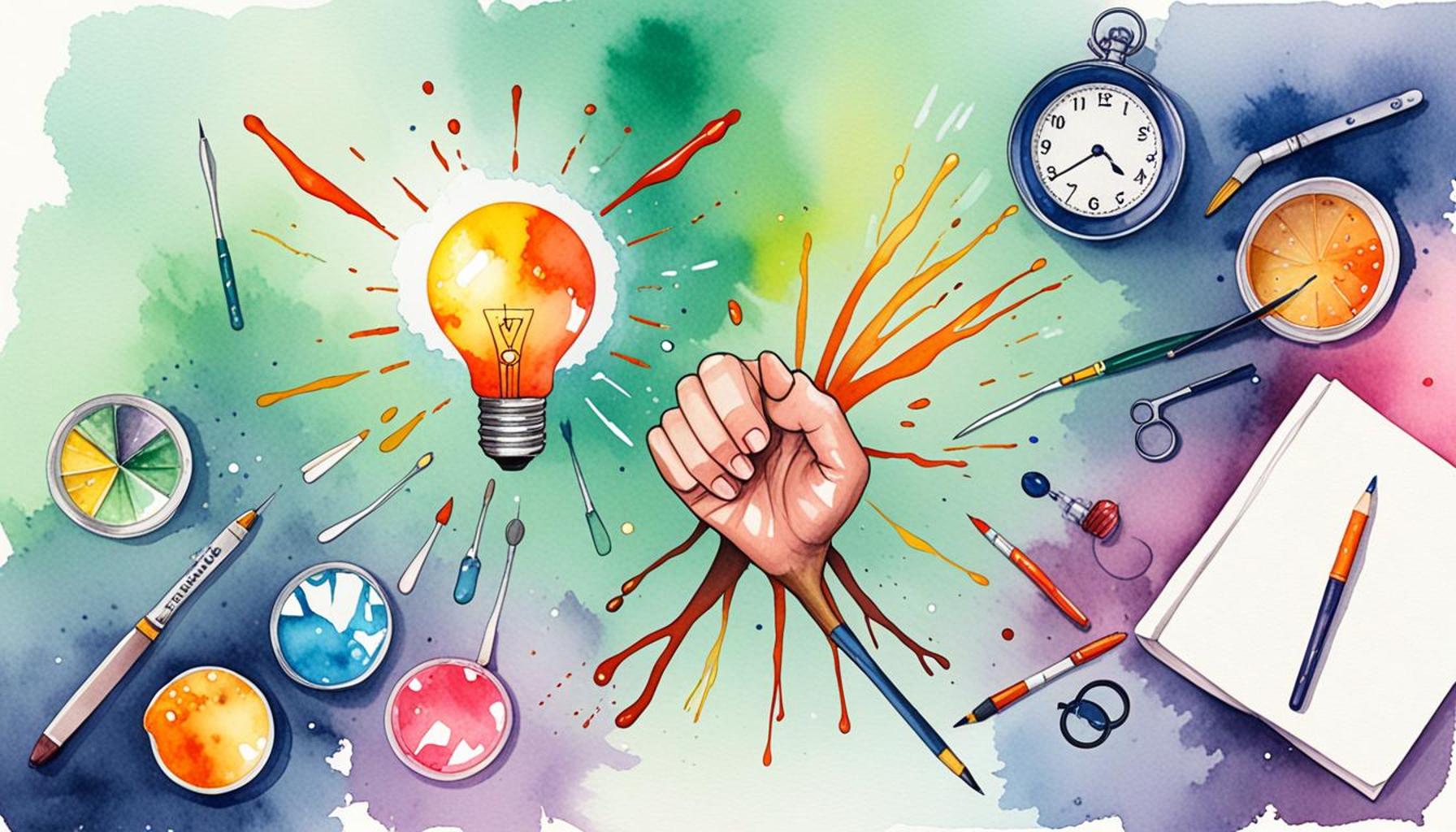The Importance of Reflective Practice in Building a Growth Mindset

Understanding the Power of Reflection
In the journey towards both personal and professional excellence, one powerful tool remains largely underutilized: reflective practice. This intentional process encourages individuals to delve into their own experiences, providing an opportunity to evaluate and learn from them. Through reflection, people gain insights that can significantly contribute to their growth and development.
Here are some notable benefits that arise from integrating reflective practice into daily life:
- Enhances self-awareness: By taking time to reflect, individuals can gain a better understanding of their strengths and weaknesses. For instance, a student might realize they excel in group projects but struggle with time management, allowing them to focus on areas for improvement.
- Fosters resilience: Reflective practice teaches individuals to adapt and conquer challenges. Consider an entrepreneur in Nigeria who launches a startup but faces initial failure; through reflection, they may identify errors in their business strategy and develop a more robust plan for their next venture.
- Encourages continuous learning: This method nurtures a habit of seeking knowledge and self-improvement. For example, educators in Nigerian schools can benefit from reflecting on their teaching methods, thereby enhancing their effectiveness and positively impacting student outcomes.
In a rapidly changing environment like Nigeria, embracing a growth mindset becomes essential. Amidst diverse challenges such as economic fluctuations and social change, reflective practice allows individuals at all levels—students, business owners, or community leaders—to view failures as valuable learning experiences rather than insurmountable obstacles. A prime example can be seen in local artisans who, through reflection, adapt their skills to meet market demands, thus fostering creativity and innovation in their crafts.
Moreover, reflective practice extends beyond the educated elite; it permeates the lives of everyday citizens. When community leaders and grassroots organizations engage in reflective dialogue, they can collectively identify problems and devise innovative solutions that drive progress. For instance, a community project aiming to improve sanitation conditions can benefit from reflection sessions that involve feedback from local residents, leading to more tailored and effective interventions.
As we continue to explore the importance of reflective practice, we will uncover valuable insights that could potentially transform your mindset and life trajectory. Join us on this enlightening journey towards understanding how deliberate thought can catalyze remarkable growth across various facets of life in Nigeria and beyond.

ADDITIONAL INSIGHTS: Expand your understanding here
The Role of Reflective Practice in Personal Development
Reflective practice is not just a method for introspection; it is a fundamental building block in nurturing a growth mindset. Essentially, a growth mindset is the belief that abilities and intelligence can be developed through dedication and hard work. This perspective fosters a love for learning and resilience, traits that are crucial in today’s dynamic world, especially in Nigeria’s fast-evolving landscape.
To comprehensively appreciate the importance of reflective practice in this context, we must explore its practical applications in everyday life. Consider the following aspects:
- Improved Problem-Solving Skills: Reflection allows individuals to critically analyze past experiences, which can lead to more effective problem-solving strategies. For example, a teacher reflecting on classroom management techniques might identify specific interventions that improved student engagement. This reflection could inform future approaches, ultimately leading to a more productive learning environment.
- Goal Setting and Achievement: By engaging in reflective practice, individuals can articulate their aspirations more clearly and devise actionable paths to attain them. A Nigerian student, for instance, can reflect on their academic performance and use this insight to set specific goals, enhancing their focus on areas requiring improvement.
- Enhanced Emotional Intelligence: Reflection promotes a deeper understanding of one’s emotional responses and those of others. An entrepreneur navigating the competitive realities of a bustling market can reflect on interactions with clients and staff, thus fostering a workplace culture that values empathy and collaboration.
Furthermore, the process of reflection nurtures an open-minded attitude, essential for embracing feedback and learning from criticism. In diverse environments, such as those found in Nigeria’s urban and rural settings, this adaptability can lead to transformational growth. For instance, small businesses that reflect on customer feedback are more likely to innovate and stay relevant amidst changing consumer preferences.
In educational institutions, the incorporation of reflective practices can catalyze positive change across the curriculum. Schools that encourage students to engage in self-reflection are likely to produce more engaged learners who see the value in their efforts, rather than merely seeking grades. Such changes can ripple through the community, fostering a culture of continuous improvement.
As we continue to uncover the multifaceted advantages of reflective practice, it becomes increasingly clear that those who embrace this approach stand to gain not just personal insights but also the ability to navigate life’s challenges with a resilient spirit. The implications in the context of a growth mindset are profound, as every reflection serves as a stepping stone towards self-discovery and accomplishment.
| Advantage | Description |
|---|---|
| Enhanced Self-Awareness | Reflective practice allows individuals to better understand their strengths and weaknesses, leading to greater self-awareness. |
| Improved Decision-Making | By analyzing past experiences, individuals can make more informed decisions, thus fostering a proactive growth mindset. |
| Greater Resilience | Engaging in reflection helps build the emotional resilience needed to overcome obstacles, which is essential for a growth-oriented approach. |
Building on the importance of reflective practice, it is essential to recognize how it fosters a culture of curiosity and exploration. As individuals engage in reflection, they are often driven to ask questions and seek deeper understanding, laying the groundwork for a robust growth mindset. This approach not only impacts individual growth but also enhances collaborative learning environments where sharing experiences leads to communal development.Furthermore, research supports that reflective practices can lead to improved performance and innovation. By consistently evaluating their methodologies, individuals can pivot their strategies, opening the door to new opportunities for creativity and problem-solving. In essence, reflective practice cultivates a mindset that does not shy away from challenges but rather embraces them as stepping stones toward personal and professional advancement. The cycle of reflection and action encourages continuous improvement and reinforces the belief that abilities can be developed through dedication and hard work—a cornerstone of the growth mindset. Through programs and workshops centered on these principles, organizations can foster an atmosphere where individuals feel empowered to take risks and learn from their outcomes, ultimately building resilience and confidence in their capabilities.
ADDITIONAL INSIGHTS: Expand your understanding here
Reflective Practice as a Catalyst for Lifelong Learning
In an age where information evolves at an unprecedented pace, the ability to adapt and learn continuously is essential. Reflective practice serves as a catalyst for lifelong learning, enabling individuals to embrace new challenges and seize opportunities. This process encourages not only self-assessment but also a proactive approach to personal growth.
One of the key advantages of reflective practice is its role in fostering resilience. Resilience is the ability to bounce back from setbacks and persevere in the face of challenges. For instance, in Nigeria’s competitive job market, job seekers who reflect on past interview experiences can pinpoint areas of weakness, enhancing their performance in future interviews. This cycle of self-reflection leads to a stronger sense of self-efficacy and the belief that one can improve—crucial components of a growth mindset.
Moreover, reflective practice can dramatically enhance collaboration skills within teams and organizations. In diverse workplaces, cultivating an understanding of different perspectives is vital. A group of professionals working on a community development project, for example, can engage in regular reflection sessions to evaluate their strategies and methods. This combined reflection not only strengthens team dynamics but also leads to more innovative and inclusive solutions tailored to the unique challenges faced in various Nigerian communities.
In educational settings, the implementation of reflective practices encourages students to become more accountable for their learning. Through techniques such as journal writing or structured group discussions, students are prompted to contemplate what they’ve learned, how they’ve learned it, and how to apply their knowledge in real-world contexts. Research has shown that students who engage in reflective practice demonstrate heightened awareness of their learning processes, thereby improving both academic achievement and retention of information.
Furthermore, the insights gained from such reflection can be transformative. For example, a recurring theme in reflection may highlight a student’s struggle with time management. By acknowledging this area for improvement and implementing techniques learned through reflective practice, like setting deadlines or utilizing planners, students cultivate essential life skills while reinforcing their growth mindset.
The ripple effects of reflective practice extend beyond the individual. Communities that prioritize a culture of reflection see an increase in collective growth. Initiatives that encourage adults to participate in reflective dialogue about local issues can foster community engagement and innovation. This is particularly relevant in Nigeria, where grassroots movements have demonstrated the power of collective action. When individuals within a community come together to reflect on past experiences and challenges, they create a shared vision for the future, promoting social cohesion and progress.
Ultimately, the intersection of reflective practice and a growth mindset significantly contributes to personal and community transformation. As individuals embrace this ongoing cycle of reflection, they are not only fostering their own potential but also inspiring those around them, creating a vibrant ecosystem of learning and development.
SEE ALSO: Click here to read another article
Conclusion: Embracing Reflective Practice for Sustainable Growth
The journey toward a growth mindset is highly intertwined with the practice of reflection. As we have explored, reflective practice cultivates critical skills such as resilience, adaptability, and collaboration, which are essential in today’s fast-paced environment, especially in a vibrant economy like Nigeria. By engaging in self-assessment and evaluation, individuals not only sharpen their ability to learn from experiences but also enhance their problem-solving capabilities. This continual learning process can transform not just the individual, but entire communities.
Reflective practice paves the way for innovation and creativity by encouraging diverse perspectives in collaborative settings. It fosters an environment where challenges can be viewed as opportunities for growth, driving collective progress within communities. The importance of creating spaces for reflective dialogue cannot be overstated, as they empower individuals to recognize their potential and commit to lifelong learning.
Moreover, reflection is not just a tool for personal improvement; it enhances accountability in learning environments, laying the groundwork for a generation that is self-aware and proactive. As students and professionals alike embrace reflective practices, they contribute to a culture that prioritizes growth, learning, and adaptability. This cultural shift is necessary for addressing the unique challenges that Nigeria faces today.
In conclusion, the imperative to integrate reflective practice in our daily lives cannot be overlooked. As we contemplate our experiences and strive for improvement, we not only enrich our own lives but also empower others to unlock their potential, fostering a robust framework for sustainable community development.


